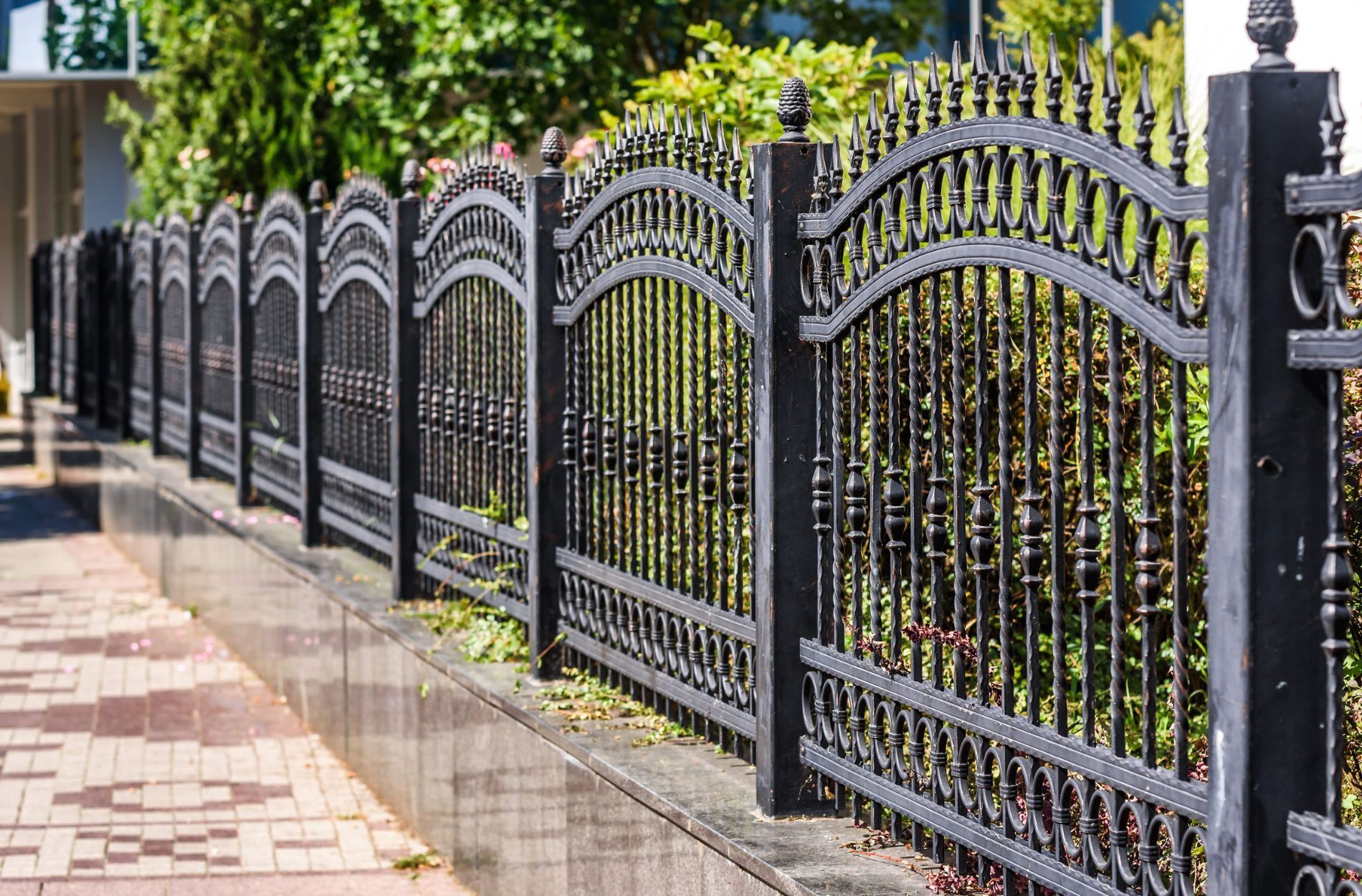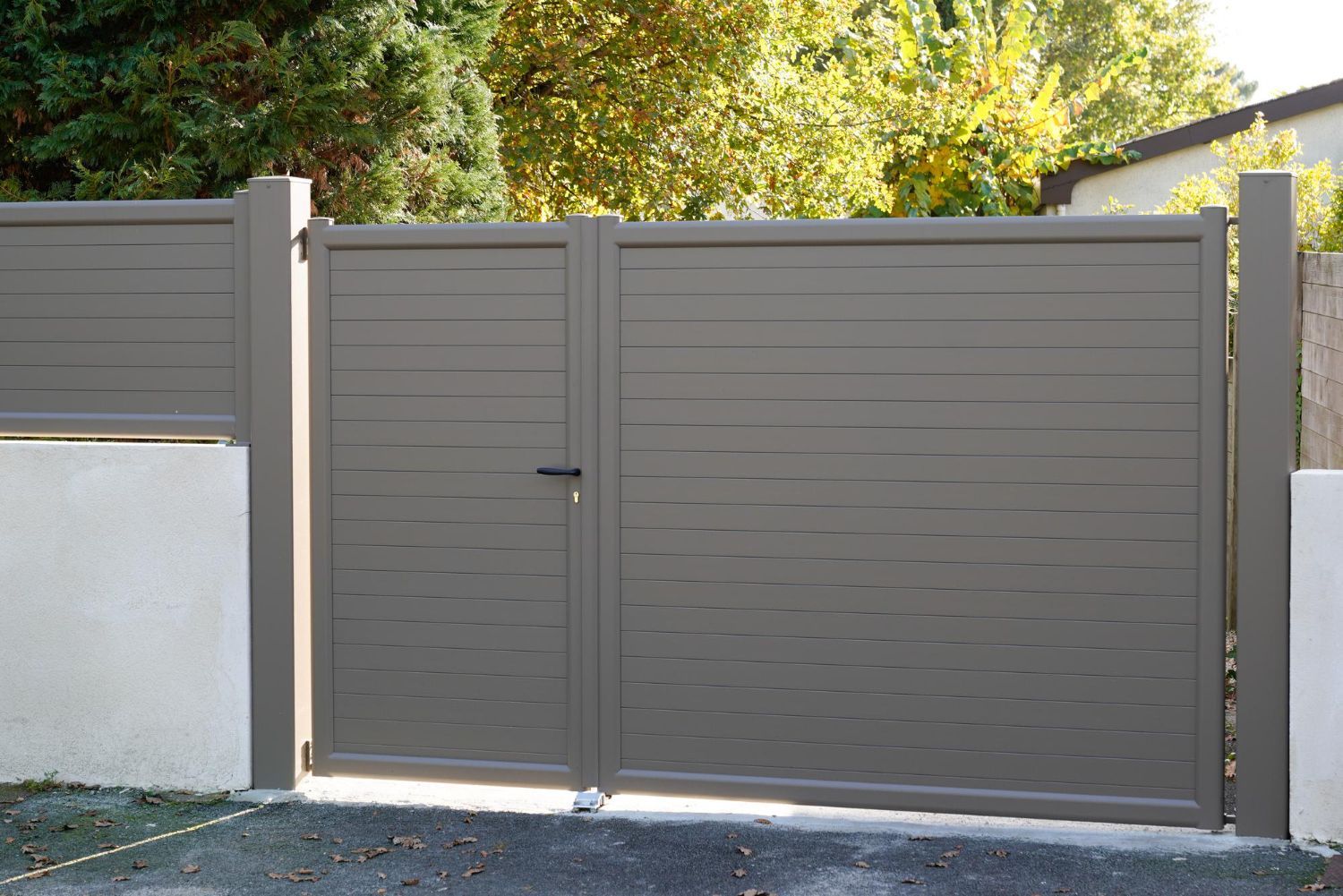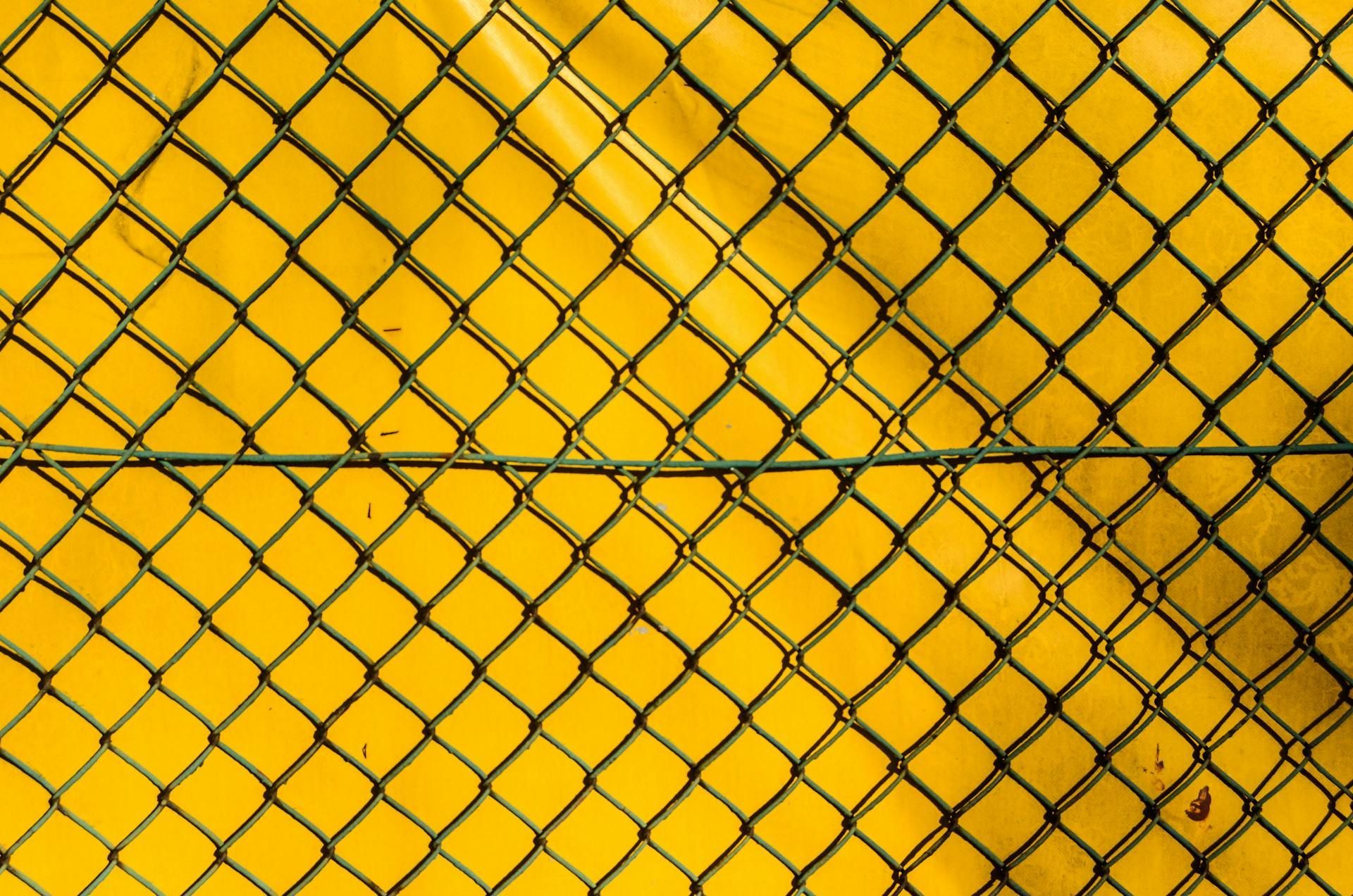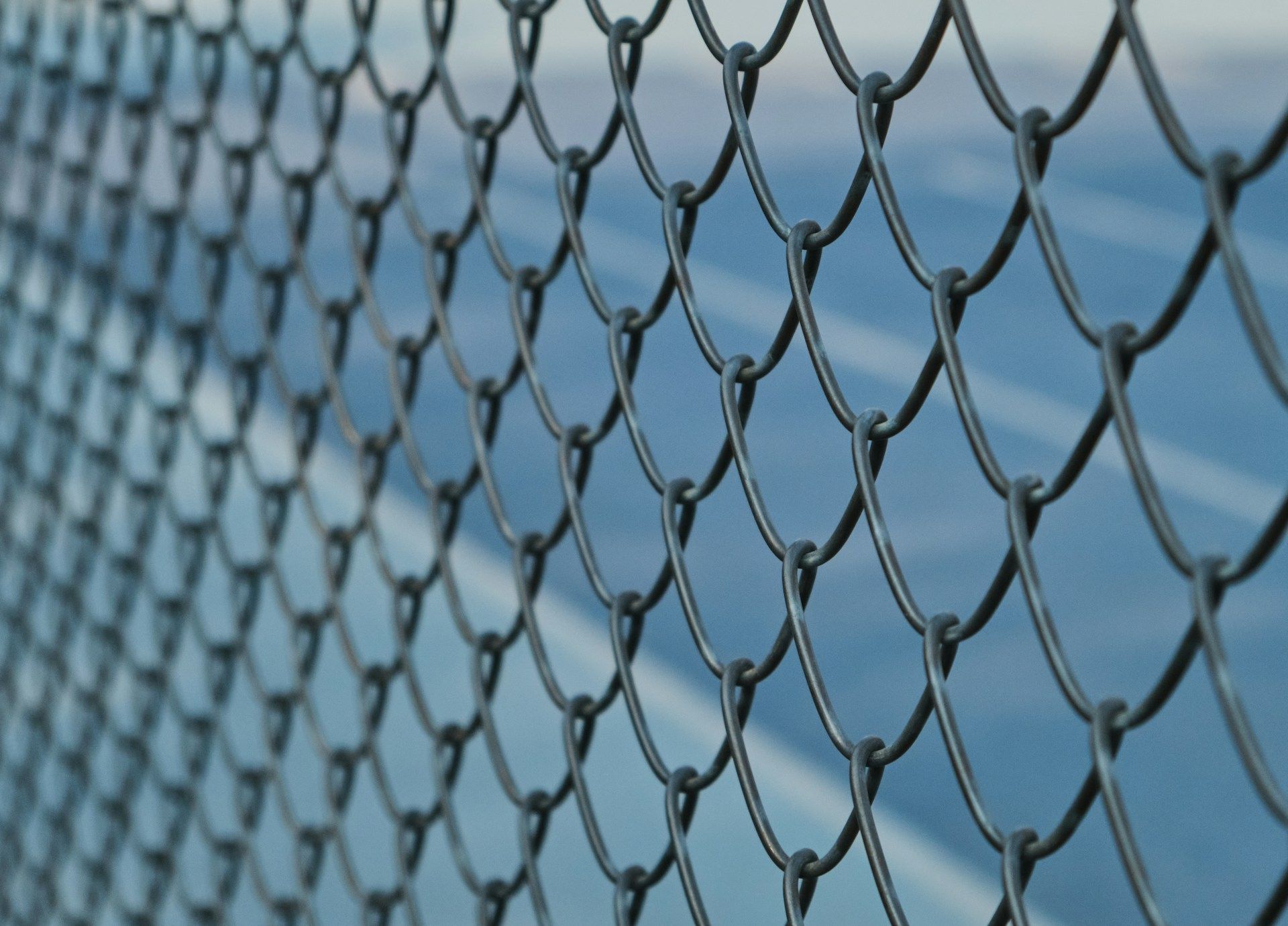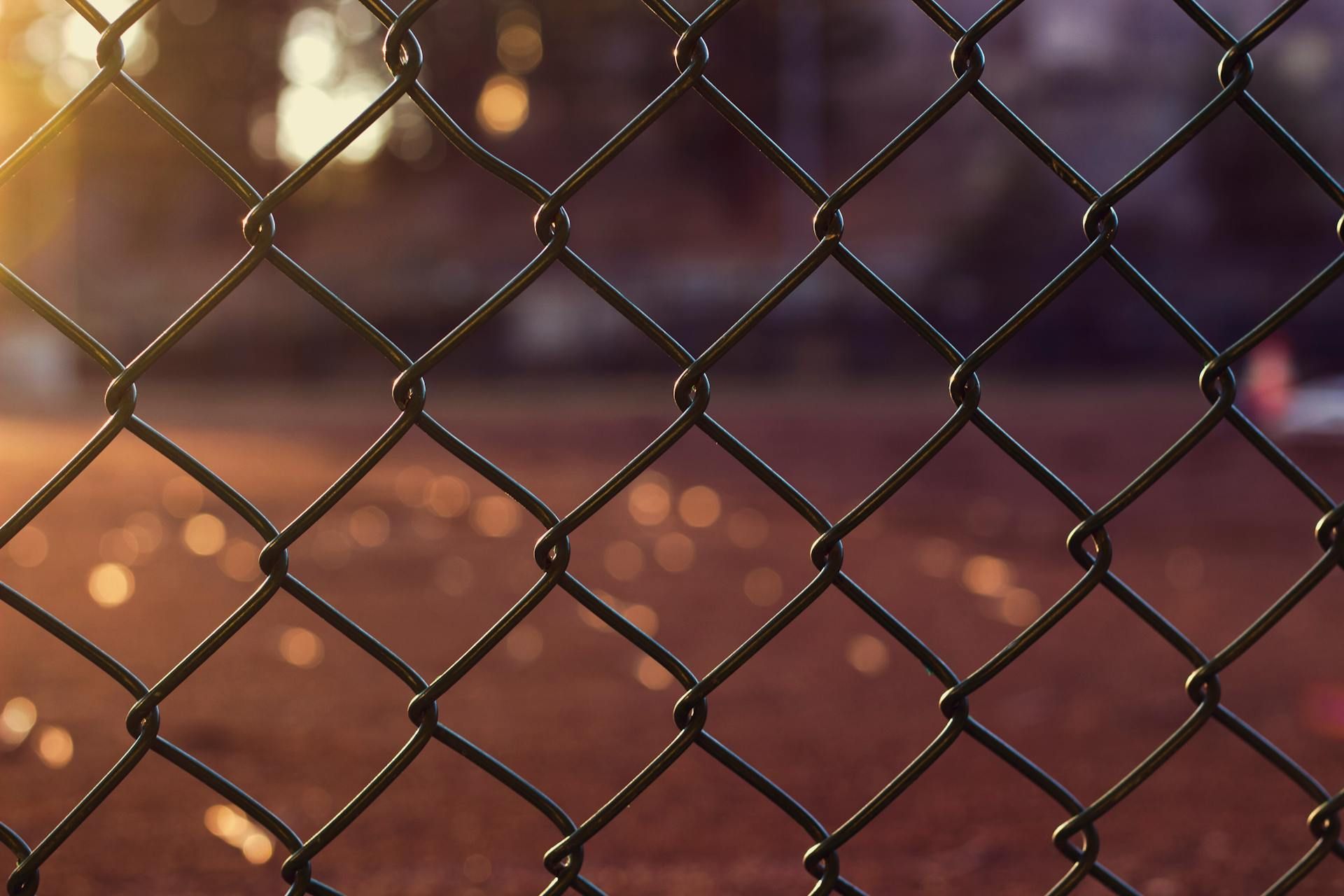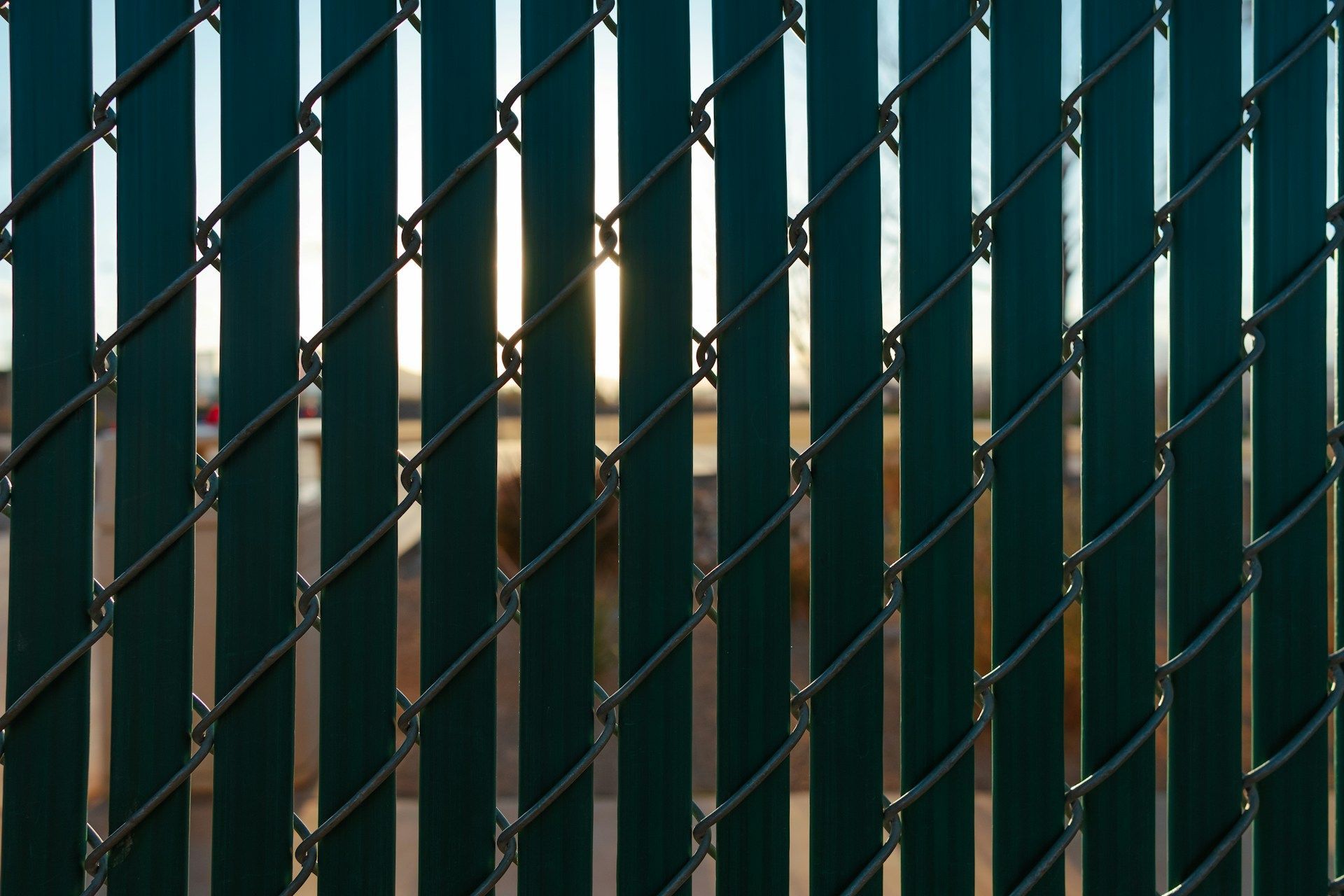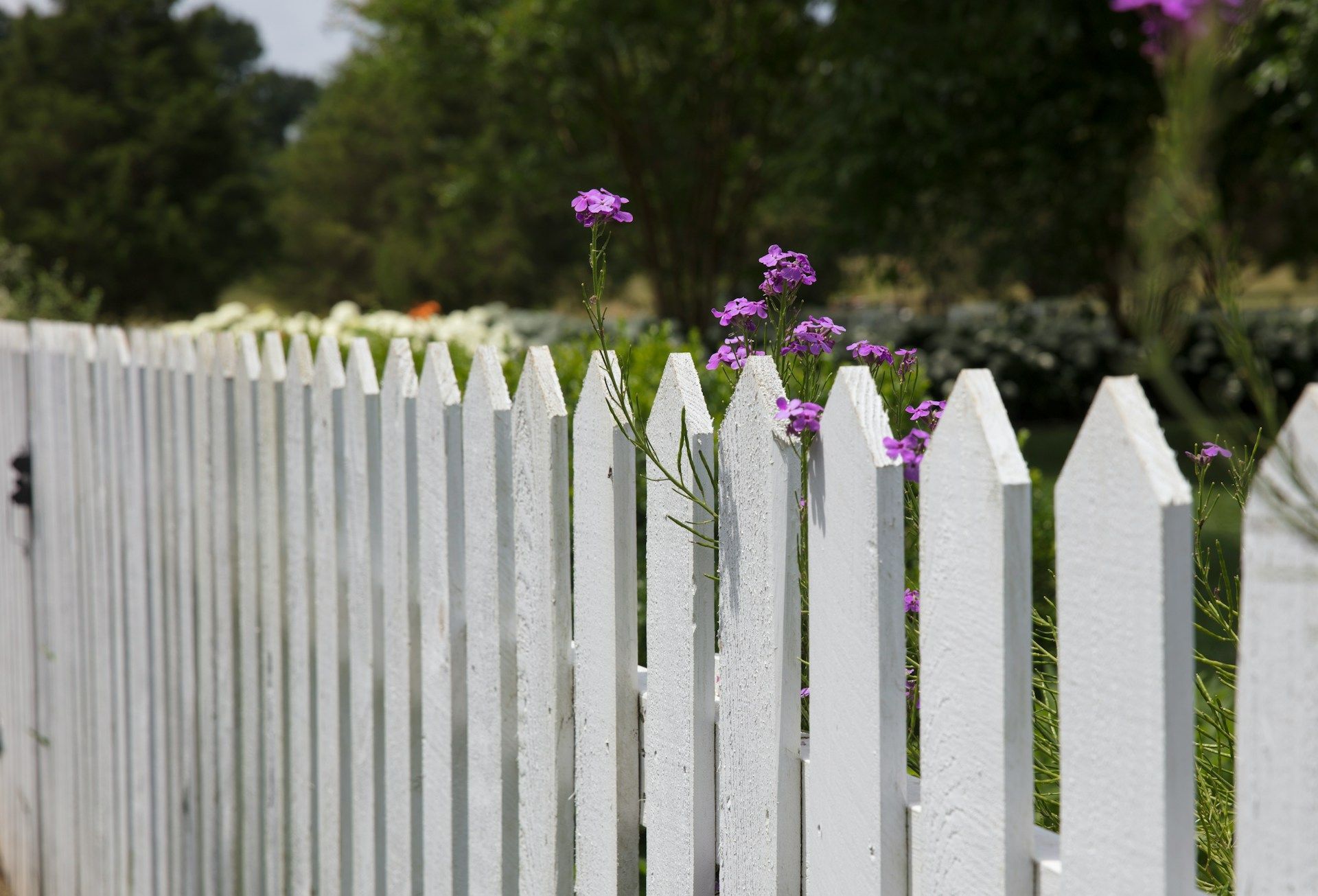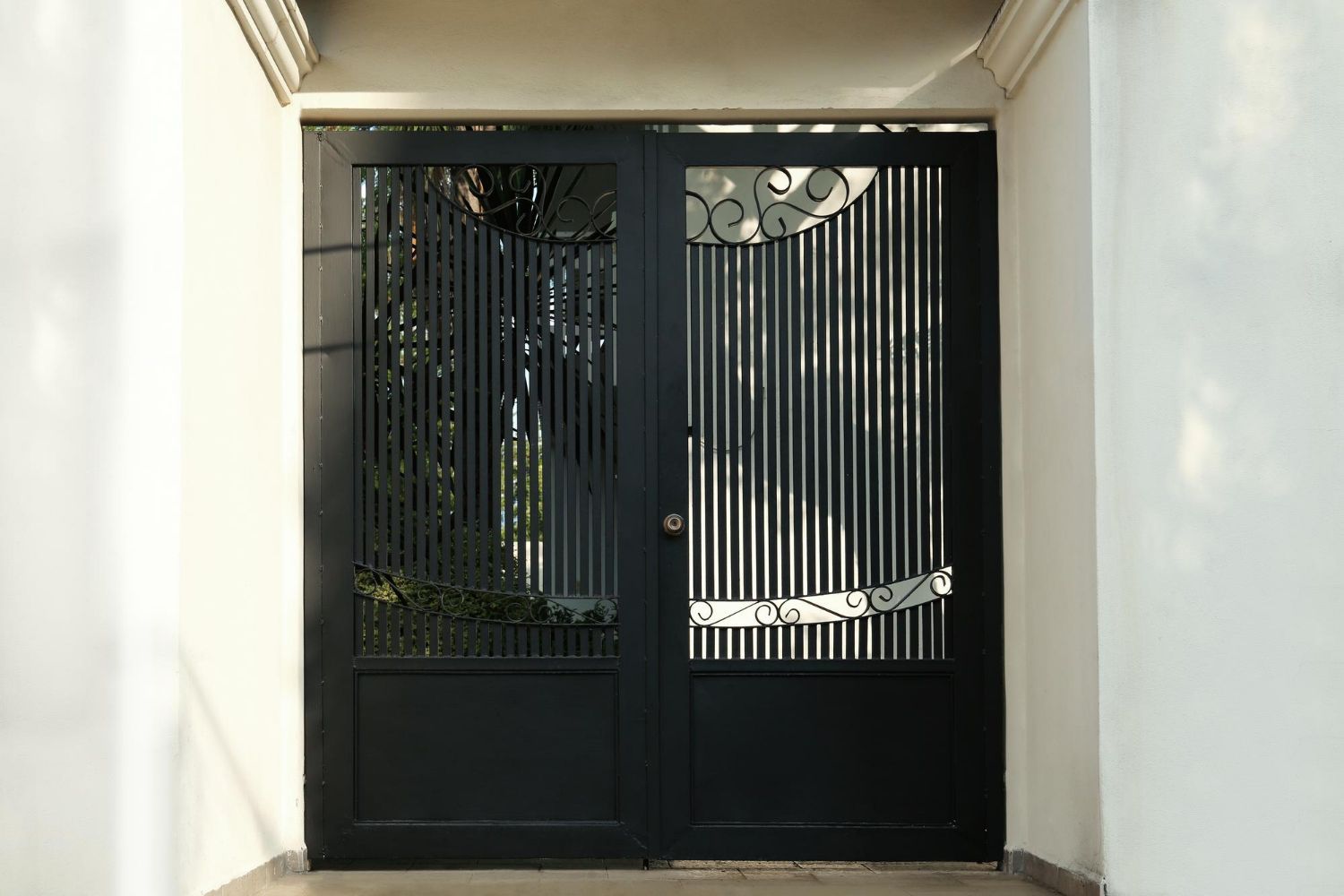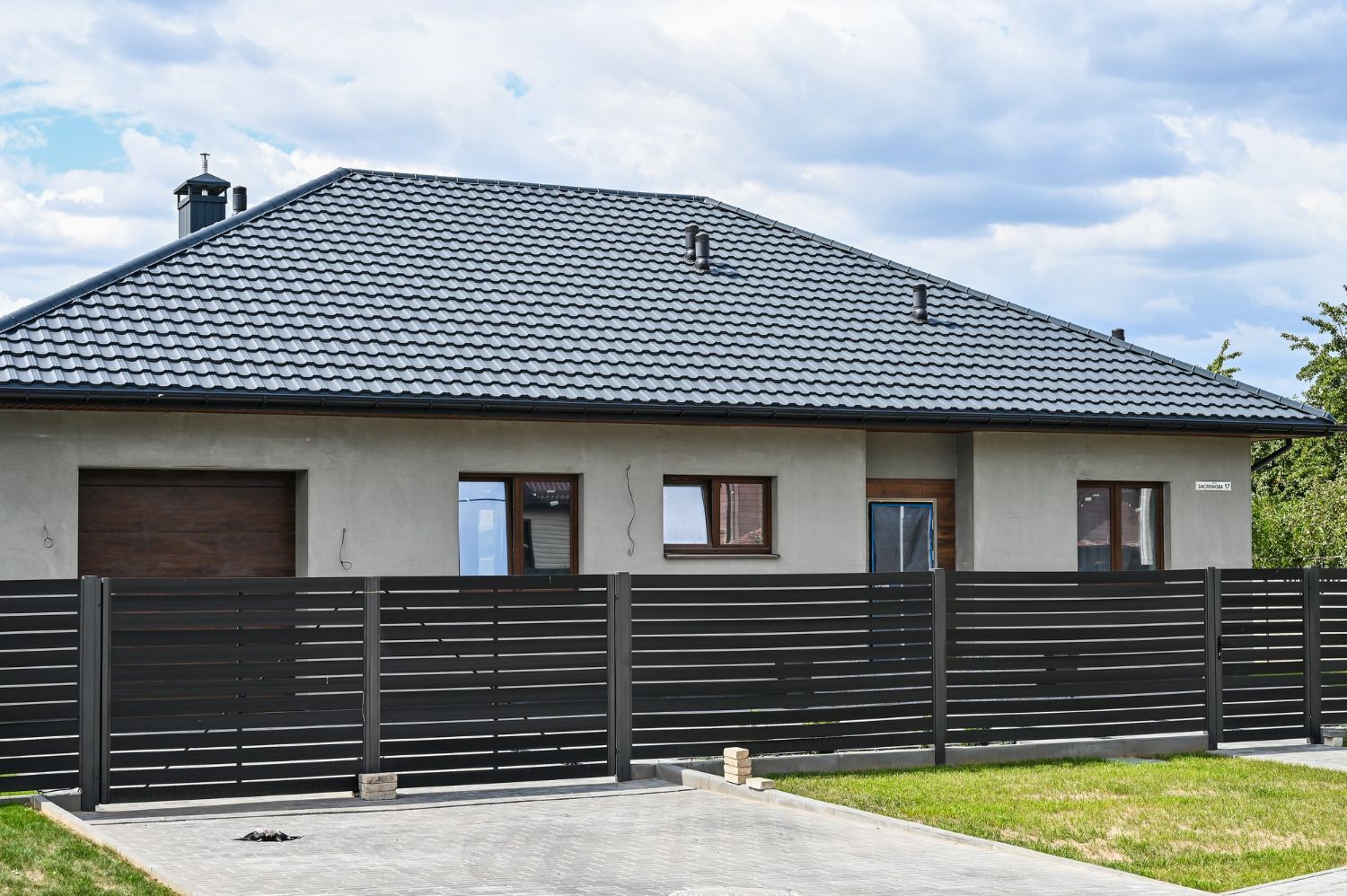Farm Fencing Options to Protect Your Livestock
Keeping livestock safe is a top priority for any farmer. One of the best ways to ensure their safety is by installing the right type of fencing. Farm fencing helps to keep animals secure, deters predators, and defines boundaries clearly. With various fencing options available, it can be tricky to choose the right one for your specific needs. That's why it's essential to understand the pros and cons of each type.
Different animals have different needs when it comes to fencing. For example, cattle may require strong, high fences to prevent them from breaking through, while smaller animals like goats might need a fence that prevents them from slipping through gaps. Knowing your livestock's behavior and tendencies is crucial for selecting the most effective fencing.
Beyond keeping animals in, the right farm fencing also keeps unwanted visitors out. Whether it's wild animals or unwanted human intruders, a well-chosen fence adds an extra layer of security to your property. In this article, we'll dive into the various types of farm fencing, how to choose the best materials, tips for installation, and ways to maintain your fence for long-term safety and durability.
Types of Farm Fencing: Pros and Cons
When it comes to farm fencing, there are several options to choose from, each with its own set of advantages and disadvantages. Understanding these can help you make an informed decision.
Barbed Wire Fencing
Barbed wire is one of the most common types of farm fencing. It consists of strands of wire with sharp barbs at regular intervals. It’s very effective in containing larger livestock like cattle.
Pros:
- Cost-effective: Barbed wire is relatively cheap compared to other fencing types.
- Easy to install: You don’t need specialized tools or skills to put it up.
- Effective deterrence: The barbs discourage animals from pushing through.
Cons:
- Can cause injuries: The sharp barbs can harm animals if they get too close.
- Not suitable for all animals: Smaller livestock like goats and sheep can get hurt.
- Requires regular maintenance: Weather can cause rust and wear, requiring frequent checks and fixes.
Electric Fencing
Electric fences deliver a mild shock when touched, deterring animals from trying to escape. They are flexible and can be used for various types of livestock.
Pros:
- Adjustable: You can control the strength of the electric current.
- Effective: Keeps animals in and predators out.
- Less visible: Does not obstruct the view.
Cons:
- Requires electricity: Power outages can temporarily disable the fence.
- Initial cost can be high: Setting up an electric fence can be expensive.
- Needs regular checks: The electrical system needs frequent maintenance.
Wood Fencing
Wood fencing gives a traditional look and is very sturdy. It works well for animals that may need a strong physical barrier.
Pros:
- Versatile: Suitable for many types of livestock.
- Strong: Can withstand a lot of pressure from animals.
- Aesthetic appeal: It looks good and can add to the farm’s appeal.
Cons:
- Expensive: Wood is one of the costlier materials.
- Maintenance-heavy: Requires regular painting or sealing to prevent rot.
- Not flexible: Harder to adjust once installed.
Choosing the Right Fencing Material for Your Livestock
Selecting the right fencing material is crucial to keep your livestock safe and secure. Different animals have unique needs, and the type of fencing you choose should cater to these differences.
Cattle
For cattle, strength and durability are key. Barbed wire and wood fencing are solid choices since they can withstand the weight and force of these large animals. Electric fencing can also work well, especially if used as a secondary deterrent.
Sheep and Goats
Sheep and goats are smaller and can easily slip through gaps or get injured on sharp barbs. Woven wire fencing is ideal as it has smaller openings that keep them contained. Electric fencing can also be effective, but you need to ensure the voltage is low enough to avoid injury.
Horses
Horses require a safe and visible fence to prevent accidents. Wood fencing is frequently used for horses due to its strength and visibility. Electric tape or rope fencing can be a good alternative because it is also highly visible and less likely to cause injuries.
Poultry
For poultry, a solid barrier is essential to keep predators out. Chicken wire or mesh fencing works well. It’s important to bury part of the fence underground to prevent animals like foxes from digging underneath.
Choosing the right material not only keeps your livestock safe but also ensures the longevity of your fence. Take the specific needs of your animals into account when making your decision.
Installation Tips for Effective Farm Fencing
Installing farm fencing properly is essential to ensure it serves its purpose effectively. Here are some key tips to help you set up your fence the right way.
1. Plan Your Layout: Before you start, map out the area where the fence will go. Consider the terrain, property lines, and any obstacles like trees or rocks. Mark the spots for posts and gates to ensure everything lines up correctly.
2. Choose the Right Tools:
Having the right tools can make a big difference. Some basic tools you’ll need include a post hole digger, a level, a hammer, a measuring tape, and fencing pliers. For barbed wire or electric fences, gloves and safety gear are important.
3. Set Strong Corner Posts:
The corner posts provide the main support for your fence. Make these posts extra sturdy by setting them deep into the ground, at least three feet deep, and using concrete to secure them. Strong corner posts ensure the fence remains tight and upright.
4. Space Out Line Posts:
For the fence to stay stable, space your line posts evenly. Generally, posts should be spaced about 8-12 feet apart, depending on the type of fence. Use a string line to ensure the posts form a straight line.
5. Secure Fencing Material Tightly:
Attach the fencing material securely to the posts. For wire fencing, use proper fence staples and make sure the wire is pulled tight to prevent sagging. With electric fencing, ensure all connections are secure and the charger is properly installed.
6. Install Gates Correctly:
Gates are a critical part of your fencing. Install them in convenient locations, making sure they open and close easily. Use strong hinges and latches to keep them secure.
Proper installation ensures your farm fence will last long and keep your livestock safe.
Maintaining Your Farm Fence for Longevity and Safety
Taking care of your farm fence is crucial for its longevity and to ensure it continues to protect your livestock effectively. Regular maintenance helps prevent small issues from turning into big problems. Here are some tips:
1. Inspect Regularly: Make it a habit to walk along your fence line regularly. Look for signs of wear and tear, like loose wires, broken posts, or rust. Catching these issues early makes them easier to fix.
2. Fix and Tighten: If you find loose wires or sagging sections in your fence, tighten them immediately. Replace any broken posts or rails as soon as possible to maintain the structure's integrity. For electric fences, check the voltage and connections periodically to ensure everything is working properly.
3. Remove Debris:
Trees, branches, and tall grass can damage your fence. Keep the fence line clear by trimming back vegetation and removing any fallen branches. This also makes it easier to conduct regular inspections.
4. Apply Protective Coatings:
Wood fences need protection from the elements. Apply paint or sealant to protect the wood from moisture and pests. For metal fences, consider using rust-resistant paint to prevent corrosion.
5. Winter Preparation: In colder climates, winter can be tough on fences. Check for and repair any damage before heavy snowfall. Make sure the fence is sturdy enough to withstand strong winds and the weight of snow.
6. Educate Your Animals:
Sometimes, animals can damage the fence. Train your livestock to respect the boundaries by using temporary electric fencing as a training aid. This helps prevent animals from leaning on or rubbing against the fence.
Regular maintenance ensures your farm fence remains in good condition, providing safety and security for your livestock.
Final Thoughts
Ensuring your livestock is protected requires choosing the right farm fence, installing it properly, and maintaining it regularly. Each type of fence, whether barbed wire, electric, or wood, has its own benefits and drawbacks. It’s essential to select the best material based on your specific needs and the types of animals you have. Proper installation is key to a sturdy and reliable fence, and regular maintenance keeps it in top shape for years to come.
At California Commercial Fence, we understand the importance of high-quality farm fencing. Whether you need help choosing the right fence or want professional
fence installation services, we’re here to help. Contact us today to ensure your livestock stays safe and your property remains secure.
California Commercial Fence
Contact Us
Location Address
8844 S Indianola Ave, Selma CA 93662
Send Us A Message
Call US Today
All Rights Reserved | California Commercial Fence | Website Design by Egility Digital

